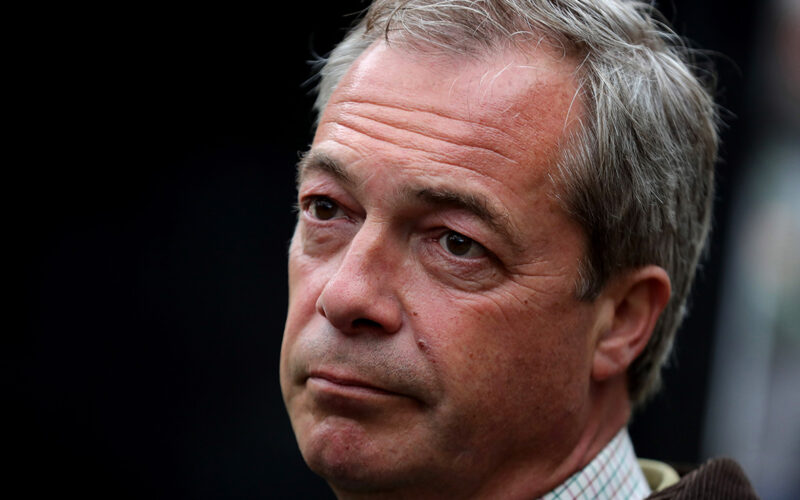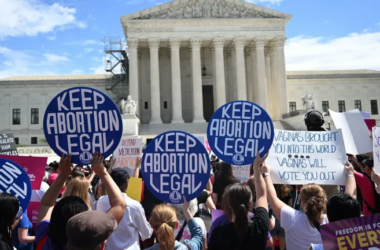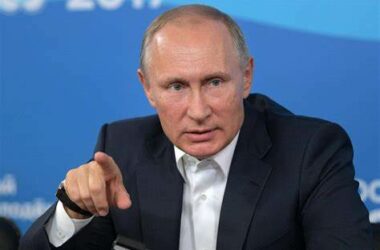The UK election campaign took an unexpected turn with the announcement of Nigel Farage’s candidacy, shaking up what had been a stagnant race just before the first televised debate. Farage, a Trump ally and key figure behind Brexit, announced his bid under the Reform UK party, potentially siphoning votes from Prime Minister Rishi Sunak’s Conservative Party with his strong anti-immigration stance.
Prime Minister Rishi Sunak and Keir Starmer, the leader of the opposition Labour Party, are set to face off in their first debate on Tuesday evening. However, Farage’s entry has added a new layer of complexity to the race, which had been dominated by the narrative of a fading incumbent and a rising opponent.
Farage’s return to the political scene, despite his history of losing seven previous bids for a parliamentary seat, could invigorate other Reform UK candidates and present a significant challenge to Sunak. Farage, in his announcement on Monday, declared the current campaign as “the dullest, most boring general election campaign we have ever seen in our lives” and positioned himself as the catalyst for change.
Prime Minister Sunak, who called the early election on May 22 to capitalize on some positive economic news, is struggling to prevent a landslide defeat to Labour. Polls have consistently shown Labour with a double-digit lead over the Conservatives. Sunak has attempted to appeal to right-wing voters with proposals such as a national service requirement for 18-year-olds and restrictions on transgender women in female spaces.
However, the Conservative campaign faced a setback when Sunak acknowledged that his plan to deport asylum seekers to Rwanda would not commence before the election, a policy that Labour has vowed to cancel if they win.
A recent YouGov poll projects significant losses for the Conservatives, with Labour poised to gain a substantial majority. This poll, conducted before Farage’s announcement, suggests that while Reform UK might not win any seats, Farage’s participation could still disrupt the electoral landscape.
Farage’s move is seen by some analysts as a strategic attempt to position himself for a takeover of the Conservative Party after an anticipated defeat. However, this strategy carries risks, including potential backlash from remaining Conservative MPs and grassroots activists.
Meanwhile, the Labour Party, led by Starmer, has faced its own challenges, including internal disputes over the status of Diane Abbott, a suspended Black MP. Despite these issues, Starmer sought to bolster his campaign with a speech promising increased military spending and modernization of Britain’s nuclear arsenal.
As the campaign heats up, Sunak is focused on countering Labour’s lead while navigating the added complication of Farage’s insurgent candidacy. The prime minister has emphasized that the choice ultimately lies between him and Starmer, dismissing Farage’s impact on the final outcome.
The upcoming debate will be a critical moment for both Sunak and Starmer as they attempt to sway voters and address the evolving dynamics of the campaign.








